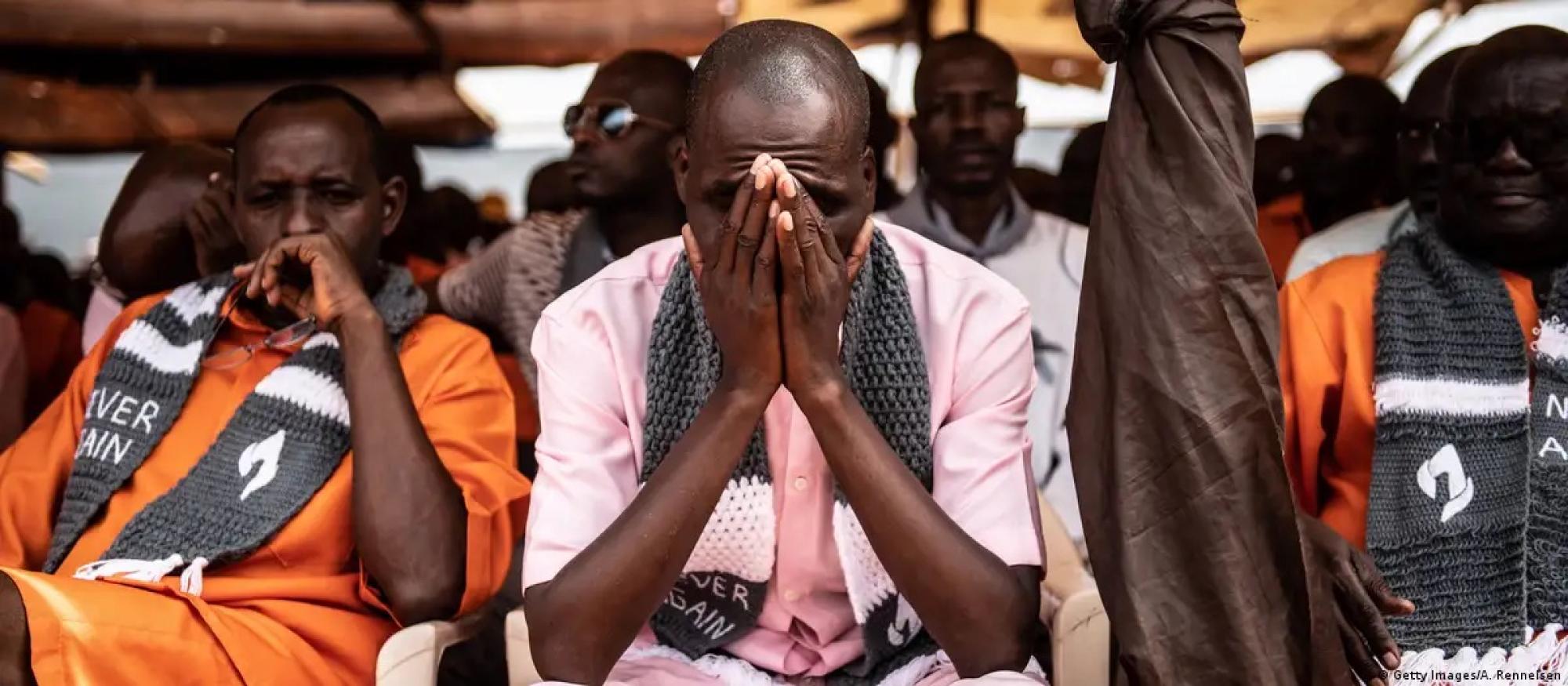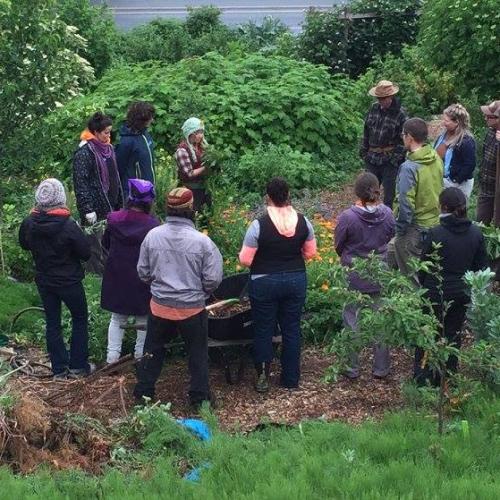Related Stories
After The Genocide, Author Witnessed How Rwandans Defined Forgiveness
Key Excerpts from Article on Website of NPR

Posted: June 4th, 2023
https://www.npr.org/2019/04/09/711314421/after-the-genocide-...
It happened 25 years ago - up to 800,000 people in Rwanda killed - mostly from the minority Tutsi community, all of that over the course of just a hundred days. Today the hundreds of thousands of people who carried out those killings live among their victims. Journalist and author Philip Gourevitch has witnessed the unique way Rwandans have defined and navigated forgiveness after the massacre. There was a lot of agency in the local level. And the experience of the genocide was extremely localized. People were killed by neighbors. It was intimate. They knew each other. And to simply ignore that wouldn't work. In order to navigate the aftermath of the genocide, the Rwandan government set up this nationwide reconciliation process. So they set up a system of community courts - without lawyers - to sort of repurpose a system that really had only been used for small claims mitigation in traditional Rwanda, called gacaca, and have open, communal - what we might call a town hall - format for trials. And then the idea was to hold people accountable and have a system of punishment. And this system banked very heavily on encouraging confession and rewarding it. But the confessions were supposed to be also verified by the community. The motto of the gacaca courts was, truth heals. Forgiveness doesn't require trust. Forgiveness simply means letting go of the idea of getting even, forgoing the idea of revenge. Right? Now, even that's a big ask. But it means accepting coexistence. There's never been as comprehensive a reckoning with such communal violence or mass atrocity. It was an ongoing, multi-year confrontation with the past in the communities.
Note: Explore a treasure trove of concise summaries of incredibly inspiring news articles which will inspire you to make a difference.
Related Stories
Top Inspiring News Articles
Top Inspiring News Articles from Years Past













































































